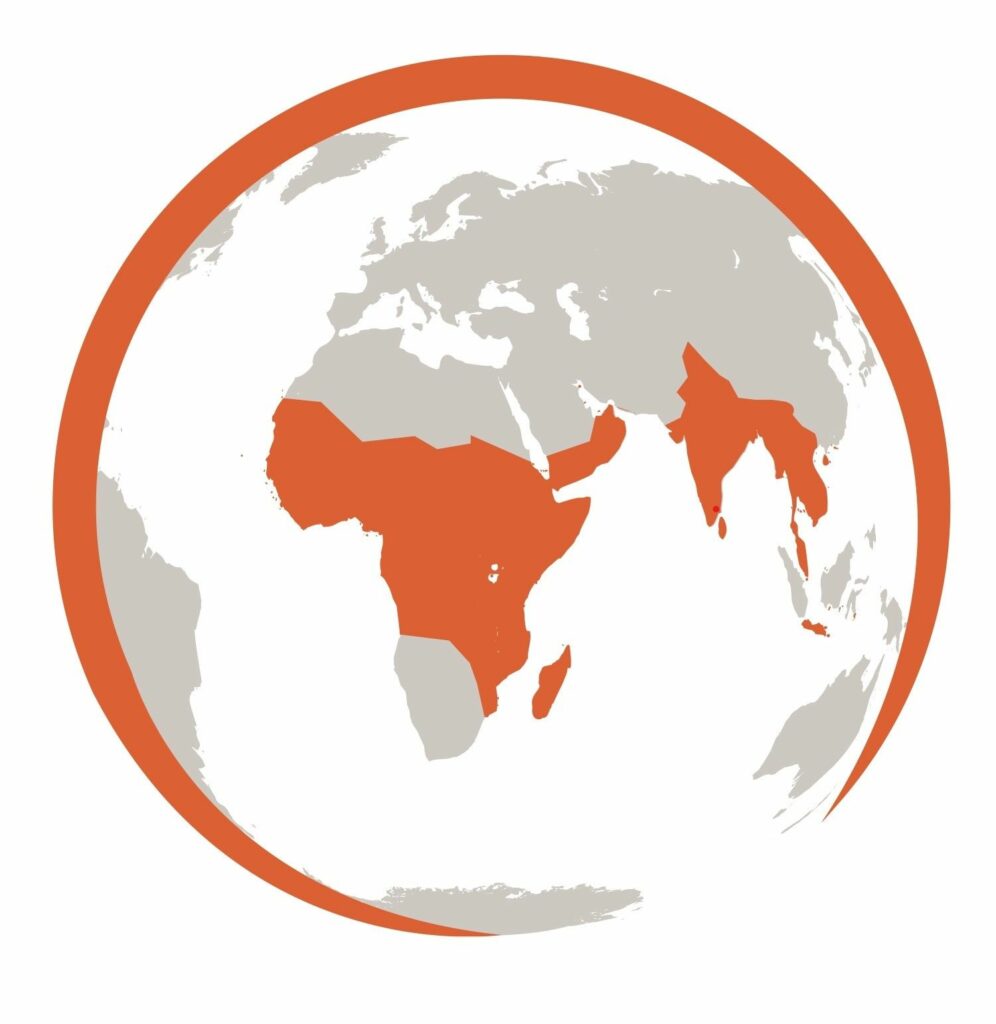Funders
The Queen Elizabeth Diamond Jubilee Trust / UK Department for International Development (DFID)
Location
Chad, Ethiopia, Kenya, Malawi, Mozambique, Nigeria, Tanzania, Uganda, Zambia
Dates
2014-2019

Trachoma is the leading infectious cause of visual impairment and blindness worldwide, with 200 million people living in endemic areas, and Africa remains the most affected continent. The World Health Organization, which set a goal of eliminating trachoma by 2020, recommends the SAFE strategy: Surgery, Antibiotics, Facial cleanliness, and Environmental improvements. In 2014, the Queen Elizabeth Diamond Jubilee Trust and DFID initiated two five-year programmes for the adoption and scale-up of the SAFE strategy across nine countries in Africa.
Tropical Health was commissioned by Sightsavers on behalf of the two funders to conduct a mid-term review of both programmes with the involvement of the International Coalition for Trachoma Control (ICTC), to assess progress, estimate the likelihood of success, make actionable recommendations to facilitate programme success and indicate broader learnings.
Tropical Health used quantitative and qualitative methods to address key focus areas, measure progress toward objectives and answer evaluation questions. Tropical Health interviewed 104 key informants, consulted 192 programme beneficiaries and conducted an online survey with 146 surveys completed, or a 62% response rate. Tropical Health reviewed quantitative data to measure performance and assess the likelihood of success.
Tropical Health delivered a comprehensive analysis of the two programmes’ performance in each of the SAFE areas, plus health system strengthening, influencing others, and added value beyond funding. It delivered a set of 14 prioritized recommendations proposed to ensure that the programmes meet targets and continue to play a key influential role at both global and country levels.
Tropical Health found that both programmes are progressing well against their targets and where they are underperforming or delayed, there are in most cases plans in place to address these. There is strong consensus that the trachoma programmes have led to health system strengthening through the provision of unprecedented trachoma surgical services, capacity building of surgical and non-surgical staff, increased availability of financing, improved coordination, and programme planning as well as promoting the use of data for decision making. Tropical Health also found there is consensus that health and non-health staff are gaining long-term capacity that will be sustained beyond the life of the programme. A key strength has been a commitment to ensuring that national governments play a strong role in the leadership and coordination of programme planning and implementation. Tropical Health concluded that the alignment of two major trachoma initiatives has resulted in implementation of the SAFE strategy at an unprecedented scale, which will have a major contribution to the attainment of global trachoma elimination goals.
Global Fund / Nigeria National Malaria Elimination Programme
Nigeria
2023 - 2024
Belgian Cooperation/ Light for the World
Democratic Republic of Congo, Rwanda, Tanzania
2021-2022
UK Aid and People’s Postcode Lottery / Sightsavers
Malawi, Uganda
2023 - 2024